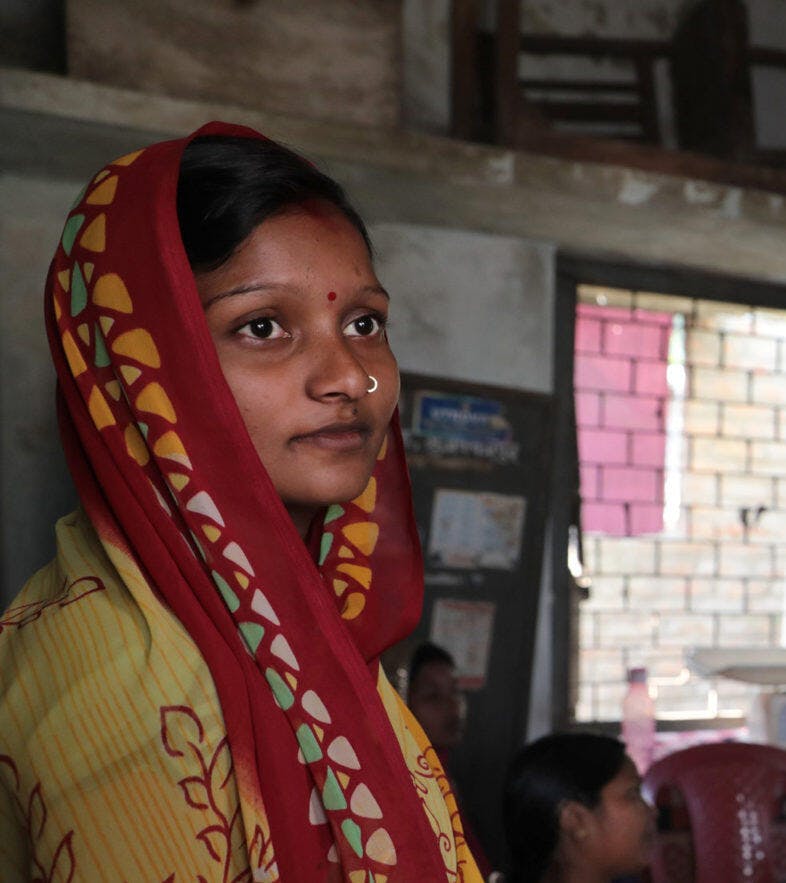
Government Partner
India
Social and behavior change communication (SBCC)The Indian government has prioritized family planning as a key component of its public health agenda and has set a target of achieving a Total Fertility Rate (TFR) of 2.1.
India's family planning efforts include the provision of free contraceptives through public health facilities, the training of health workers to provide high-quality family planning services, and the promotion of awareness and education on family planning through mass media campaigns.
Commitments made to:
Data in 2023
The data displayed on this page is courtesy of the Track20 Project. Implemented by Avenir Health, Track20 monitors progress towards achieving the goals of the global FP2020 initiative and new FP2030 partnership.
About India's National Health Mission
The National Health Mission (NHM) encompasses its two Sub-Missions, The National Rural Health Mission (NRHM) and The National Urban Health Mission (NUHM). The main programmatic components include Health System Strengthening, Reproductive-Maternal- Neonatal-Child and Adolescent Health (RMNCH+A), and Communicable and Non-Communicable Diseases. The NHM envisages achievement of universal access to equitable, affordable & quality health care services that are accountable and responsive to people’s needs. Continuation of the National Health Mission – with effect from 1st April 2017 to 31st March 2020 has been approved by Cabinet in its meeting dated 21.03.2018.


Become an FP2030 Partner











